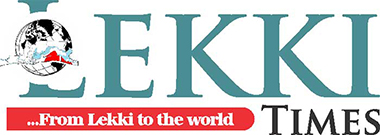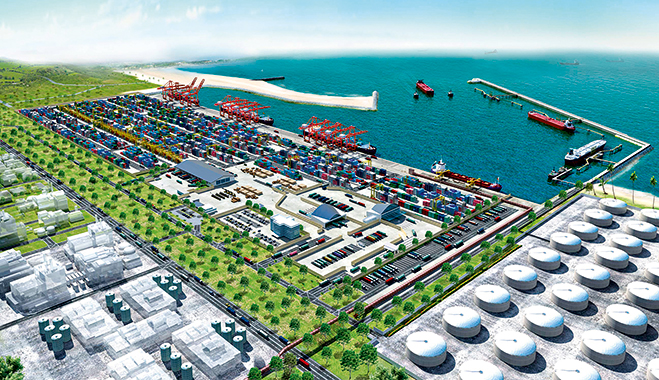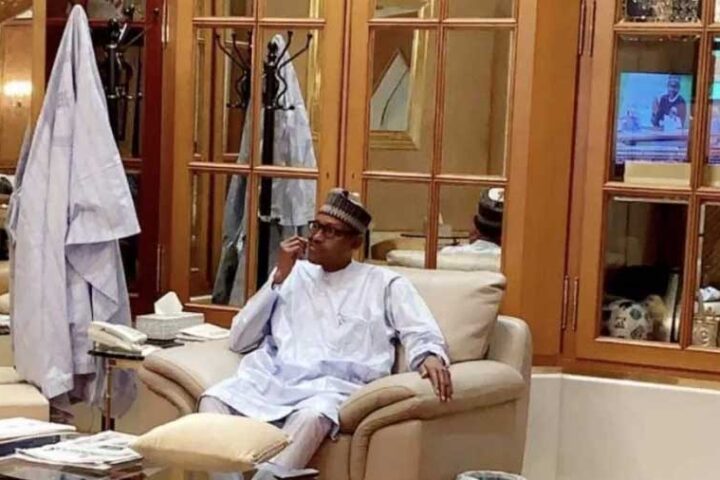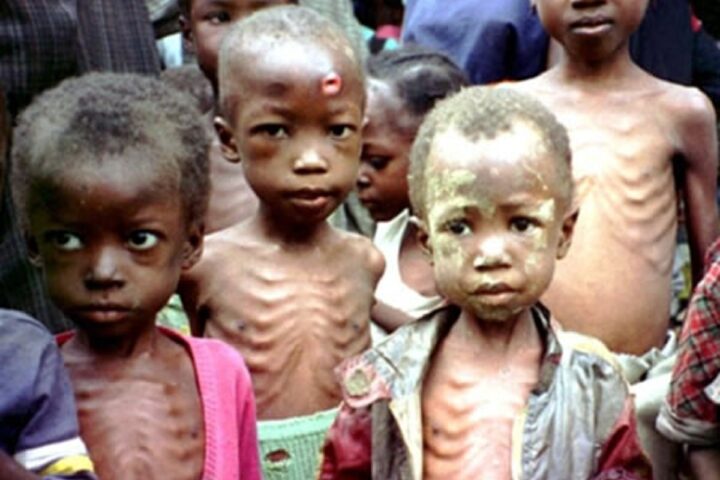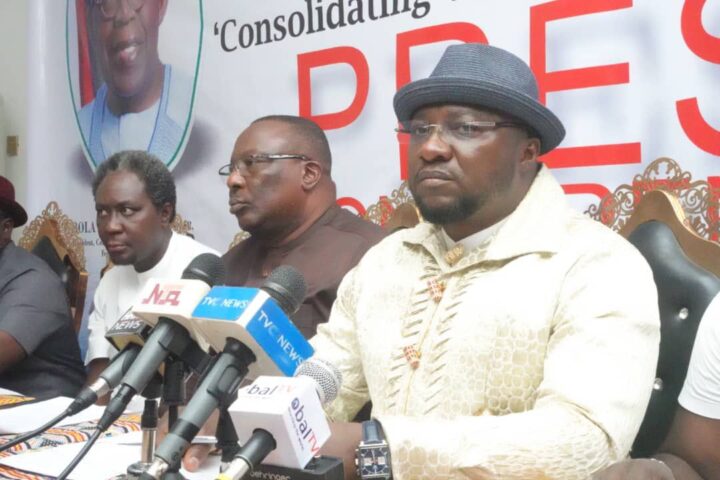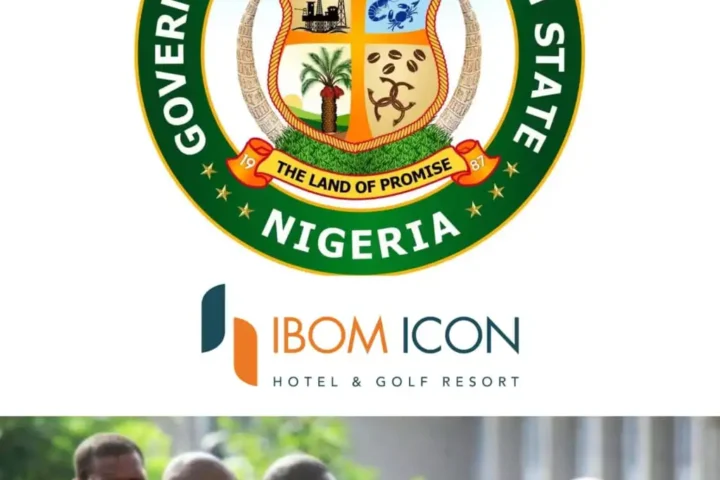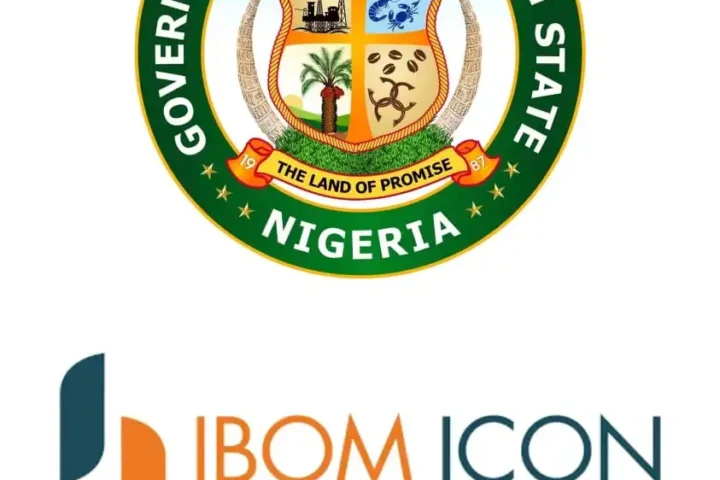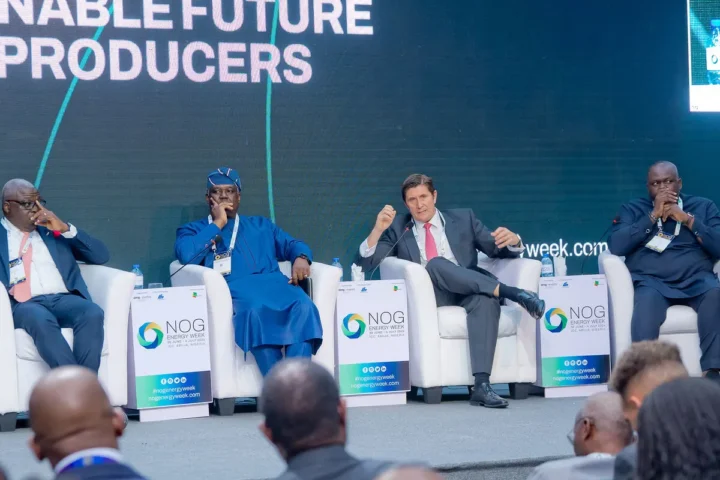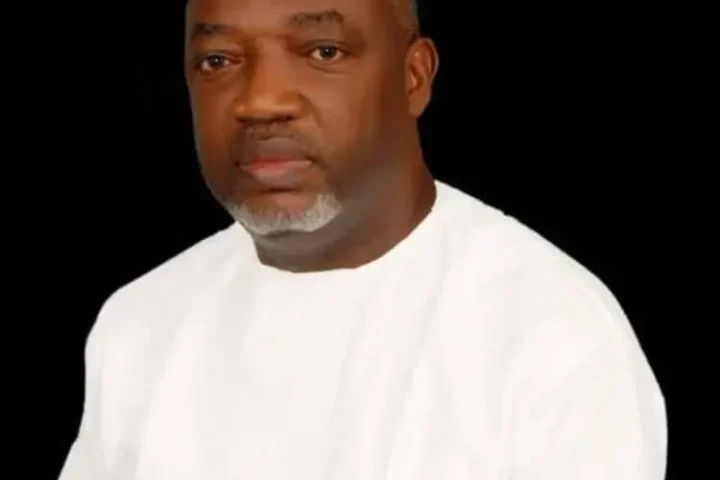Before talking about the Lekki Free Zone as another hope to Nigeria’s ailing economy, let me share a story I read on the internet some time ago. By the time you read this article, you will agree with me that without corruption which has eaten deep into Nigeria’s economy, Lekki Seaport is expected to bring a lot of succor to Nigeria’s ailing economy.
Babajide Olusola Sanwo-Olu, the Lagos State governor is said to have undertook a 2-day working tour of Lekki Free Zone with members of his cabinet including Commissioners – Tunji Bello (Environment and Water Resources), Gbenga Omotosho (Information and Strategy), Olayinka Oladunjoye (Commerce, Industry and Cooperatives), Idris Okanla Salako (Physical Planning and Urban Development), among others.
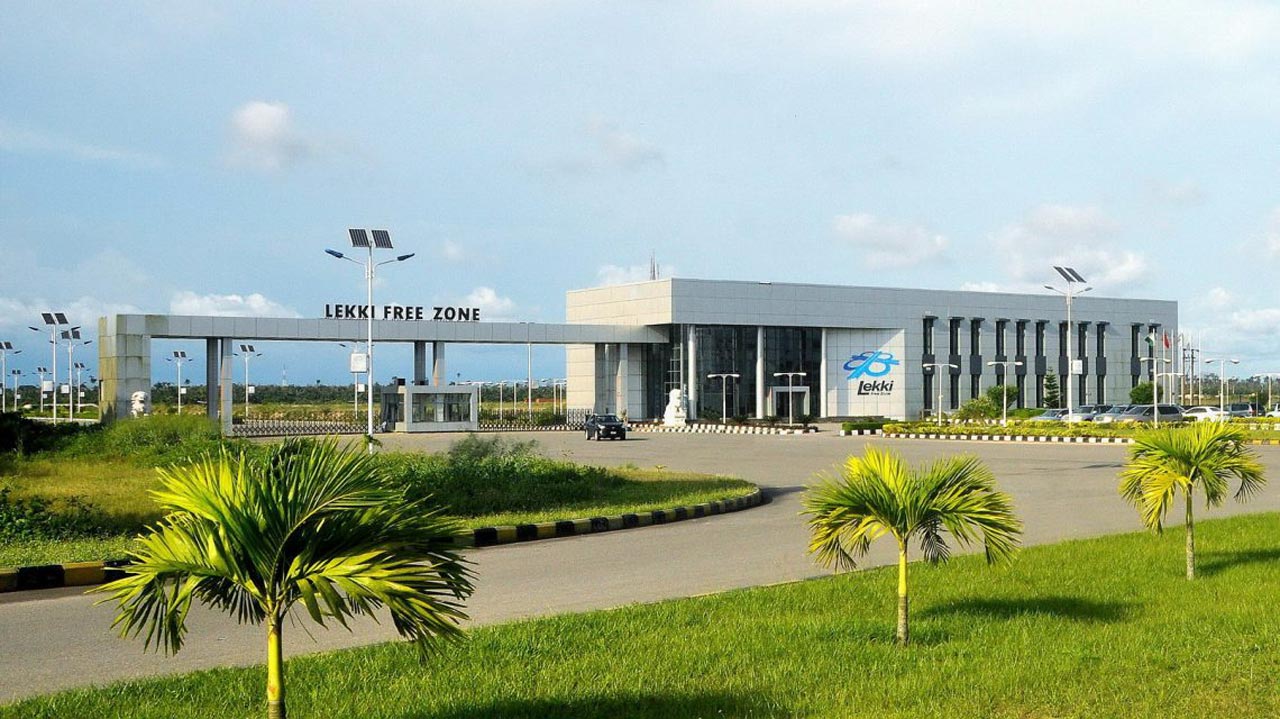
The visit, according to the story was epochal and it took the officials of Lekki Free Zone, Lagos Free Zone and Lekki Worldwide Investments led by the Chairman, Abiodun Dabiri, months of preparations and interfaces with officials of Lagos State; Dangote Refinery; and other institutional investors in the Zone.
It was told that to underscore the premium the Lagos State Governor places on the Zone, he and his crew got to the Lagos Free Zone premises at about 11am – the time set by the hosts for their arrival. It was amazing that a Nigerian Governor will arrive at event venue at the appropriate time, a radical break from the habitual pattern of public officials (nationwide) arriving hours late for public events, which Nigerians have had to live annoyingly with, over the years. That singular act of the team’s punctuality, proved a confirmation of the importance of the project.
The Chairman, Abiodun Dabiri, welcomed His Excellency, The Governor of Lagos State formally to the Zone and expressed his gratitude to him and the Lagos State team for setting time aside for the visit in order to get first-hand knowledge of project activities, and to witness various milestones being recorded at the zone.
He said the project received a lot of traction in the last four years, especially, due to the efforts of the Lagos State Government in granting settlements to dislocated indigenes; the Federal Government’s renewed commitment; and the desires of institutional investors championed by the Tolaram Group (A Singaporean Conglomerate), to fund it.
In no time, work on the Port (the first deep sea port in Nigeria and the deepest in West Africa), has kicked off in earnest by China Harbour Engineering Company once funds were secured, and it has been going moving at an incredible pace. The tenaciousness of the promoters was deemed quite laudable and this soon paid off. To the delight of everyone, the prestigious Project Financial International (PFI), awarded the ‘2019 Best African Infrastructural Deal’ to Lekki Port; thus generating a huge amount of goodwill for the project worldwide.
In his response the Lagos State Governor said “….I have come here to see things for myself and given the initial reports I have seen, The Lagos Free Zone under the Tolaram Group has indeed made tremendous improvement…. especially as last year (2020), being a difficult year for all of us and was such a good excuse for any investor to walk away but indeed you did not walk away and I want to thank you very very much for that”
The Governor is right. The year 2020 was a rough one for most economies of the world (Nigeria inclusive), due to the bitter onslaught of Covid 19 which occasioned the slow down of financial activities considerably by investors, as everyone grappled with the realities of the pandemic. We can recall that in most countries palliatives were given ameliorate the effect of the Covid 19 pandemic.
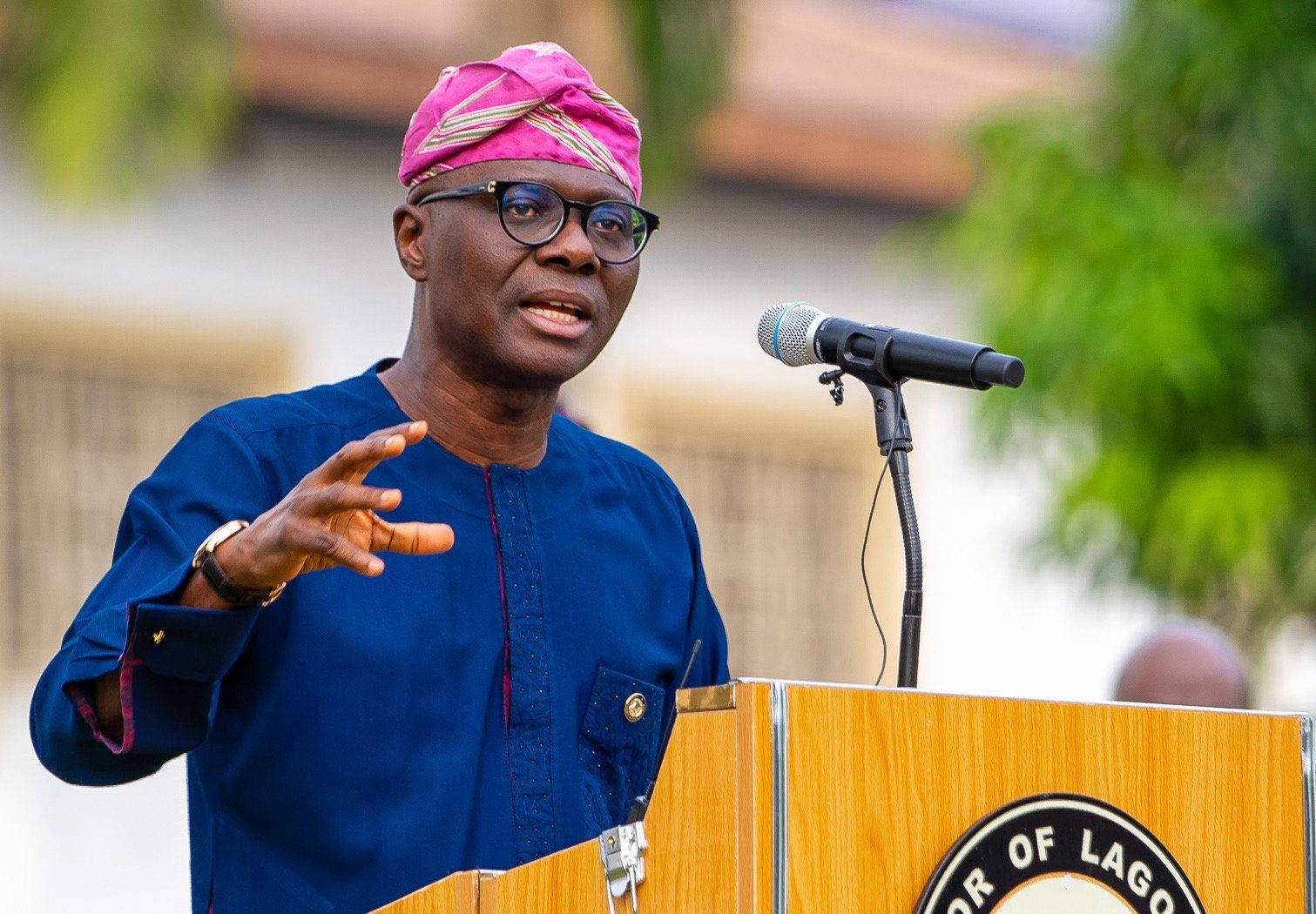
Tolaram Group, the principal promoters of the Lekki Port, rather than dither, stood its ground and ramped up it’s activities. That astuteness and rare commitment as demonstrated by the Group, has culminated in getting the Port close to about 50 percent completion at the time of the Governor’s visit. From feelers the Port promoters are sending out, the project should be completed by the third quarter of next year with commercial operations billed for the first quarter of 2023.
To be sure of the impact of the Lekki Free Zone or Lekki Port as you would like to call it (granted a 45-year concession by the Nigeria Ports Authority under a Build, Own, Operate and Transfer) will have on the Nigerian economy, it is worthy to note the sweeteners the project carries along with it:
Some US$1.53 Billion to be spent on fixed assets.
US$ 800 Million earmarked for construction
169,972 jobs to be generated from direct port operations
Direct and induced business revenue impact of US$158 Billion
That is not all.
Revenue to State and Federal Agencies from taxes, royalties and duties are estimated to be US$201 Billion for the period under concession. The Port is also mapped to generate a GDP of US$361 Billion for the same period. To put this in perspective, it is germane to note that the GDPs of Ghana, Rwanda and Kenya for 2019 were US$66.98 Billion, US$10.35 Billion and US$95.5 Billion respectively.
In short the Lekki Port “…offers a multiplier effect of more than 230 times of total costs” according to the promoters.
Other key actors in the Lagos Free Zone (apart from the Port), include BASF (Germany), Sana Building Systems, Insignia Print Technologies, Colgate, Kellogg’s, Aria Foods (Dano Milk), Raffles Oil (Power Oil), to mention a few, have also made over US$2 Billion investment commitment to the Zone. Additional US$5 Billion injection is expected from this group in the next 5 years and together they are looking at generating over 100,000 jobs for Nigerian indigenes in the next 10-15 years, via the industrial and services sector.
In sum, this group provided over ₦13 Billion to the Federal Government in custom duties on final products sold into Nigeria in 2020. Over ₦200 Million was also remitted as Pay-As-You-Earn (PAYE) taxes and other levies during the same period.
For Lekki Free Zone, the landlord of all; anchor tenants such as Alaro City, Longrich and so many others have already taken root.
Longrich – producers of the popular long rich toothpaste and cosmetic products, is spending upwards of US$20 Million on its factory whilst 8 significant oil and gas companies have also decided to make the Zone their home.
One of those oil companies with a giant ambition is Pinnacle Oil and Gas Ltd. The company which is 100 percent Nigeria owned, is upending (for the better), the current mode by which imported petroleum products are being discharged in Lagos Ports.
Pinnacle has finished constructing a 230 million storage facility in the Zone. The facility is connected via a 8km long pipeline into the ocean where LR 1 (Mother Vessels of 60,000 metric tonnes capacities), can berth and discharge their cargo of petroleum products.
According to Pinnacle’s CEO, Peter Mba, the facility will be a “game changer” in a way Nigeria has not witnessed before. Currently, mother vessels are moored in the ocean (due to their humongous sizes), and their cargoes are discharged into daughter vessels for conveyance to storage tanks onshore. It takes anywhere between 15-30 days to fully discharge (or ‘lighter’) a mother vessel depending on her size, and with other external factors in tow.
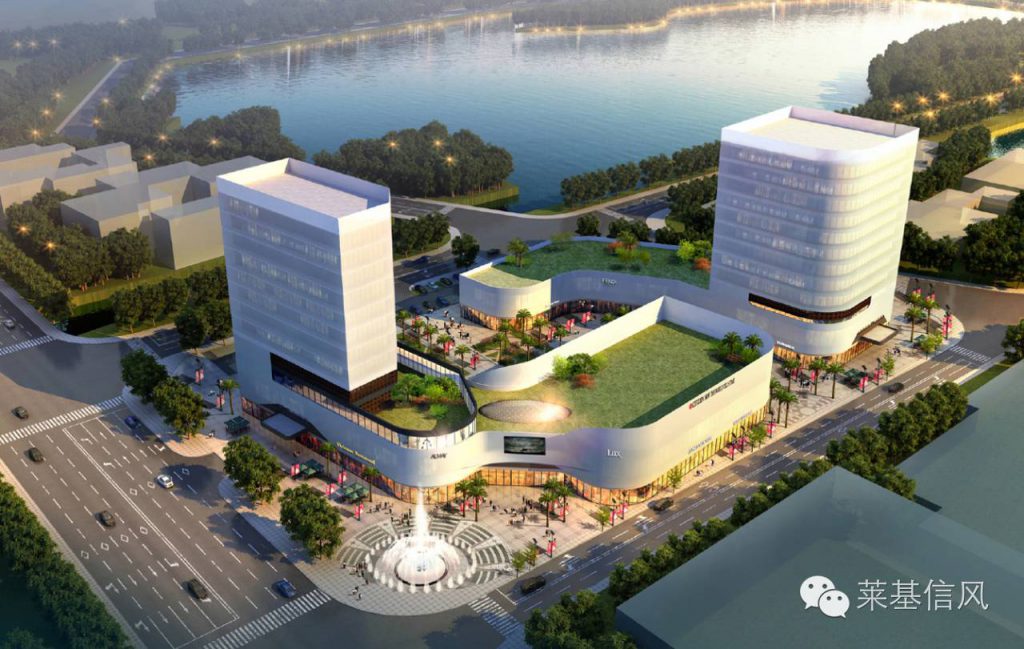
With the Pinnacle facility in place, a mother vessel 8 kilometers away, will be able to get her cargo discharged within 24 hours via the laid underwater pipelines, thereby saving Nigeria, huge operational costs. Also, the company provides for 22 discharge outlets, capable of filling 22 petroleum products’ tankers simultaneously, within 30 minutes. That way, more than 500 tankers could actually be serviced in a day.
Pinnacle plans to even increase it’s storage facilities to 1 billion in the next 18 months. By that time, it’s Single Point Mooring (SPM) facility, sitting at a waterbed depth of 23 metres and capable of taking Mother Vessels laden with 150,000 metric tonnes of cargo, would have been in place. By then, more than 10,000 Nigerians would have been fully engaged by the company.
By the time the economic benefits of Africa’s biggest (650,000 barrels per day) integrated Dangote Refinery and Petrochemicals with those of other numerous committed institutional investors are woven into the mix, it becomes intensely exciting what the Lekki Free Zone corridor, holds for Nigeria’s economic revival and sustainability.
With commitments of Public Officials in the mold of Governor Sanwo-Olu, who indeed, promised to bring all stakeholders to the table to immediately commence work on getting all needed infrastructure (especially roads construction) along that corridor, and the backing of the Federal Government, it can be safely concluded that it’s not all doom and gloom for Nigeria. If we as a people, and with the support of foreign investors can make Lekki Free Zone happen, then we can make Nigeria happen.
